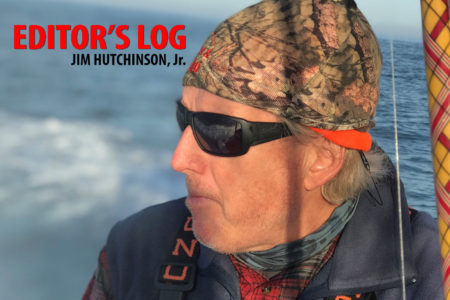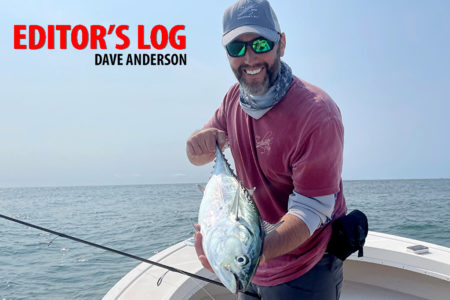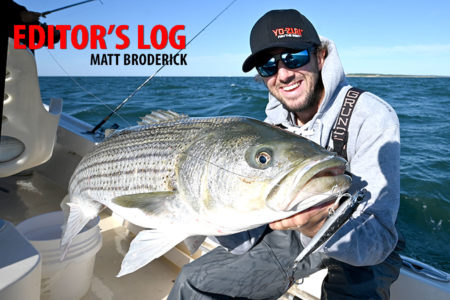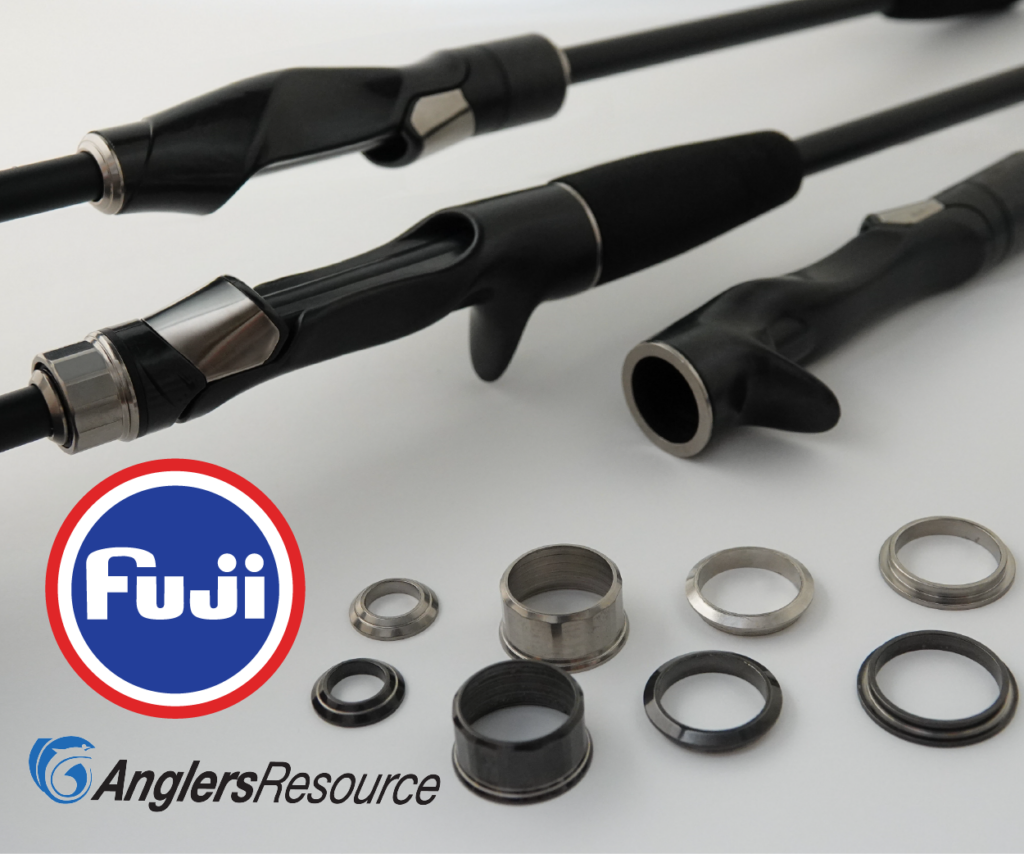The “code of conduct” when it comes to angling appears to have lost its way at some point. The ease of newcomers to get started fishing is at least partially to blame. If you weren’t committed to learning the intricacies of catching fish like striped bass, for example, you had to be taken under the wing of an experienced angler at one point.
Although sharing information with other fishermen can be beneficial, it can also have adverse effects. The mere presence of different casters or boats can be troubling for those who enjoy the solitude and challenge of locating fish through a maze of clues generated by the tide, wind, moon conditions, bait movement, and well-established patterns. When you try to catch a hot bite on your own, it usually takes more than a few fishless tides and hours of patiently looking at shorelines and waterways until you find the right conditions for success. As a result, you alone are entitled to share that information with anyone you choose. The individuals who get to profit from this intel are among the most trusted of your kindred fishermen, those with a profound regard for the work that went into finding that hot bite and who perceive that this isn’t their data to share without the gift of the individual who put them onto the fish. Additionally, they are likely to reciprocate in the future.
When pursuing species like stripers and weakfish, there is an excellent reason to avoid having a lot of company when searching back bay areas and bridges. I am confident that the activity caused by wading, boat noise, lures hitting the water, vehicle traffic, misdirected lights, or anything else that disturbs the natural environment will impact these gamefish’s feeding habits, particularly in peaceful, sheltered waterways. Occupant fish are particularly powerless to this sort of action, as I’ve seen commonly from on spans while surveying the response of stripers to a lost cast or shadow or the methodology of a far-off boat. I’ve seen back bay area that delivered fish as expected for quite a long time under the right circumstances evaporate because of expanded boat and shore action.
Therefore, a lot must be said for honoring a hardworking angler’s request to “keep the information to yourself.” And giving such a spot to a couch potato who has been watching TV at home all week while someone else spends a lot of time looking for the bite is the gravest insult. Then there are the internet heroes who attribute their bravery to convincing strangers to take action that was typically discovered by someone else.
On the other end of the spectrum are the men who hang out on the docks or beaches and talk about the hot bite where dozens of casters or a small fleet of boats are working the area. When reports of the action appear in the media or online, they act angry. These are typically the same guys who are excited to display their catch by dragging it to the scale of a nearby tackle shop, only to become enraged the following day when other anglers are in “their spot.”
Sending other fishermen on wild goose chases is probably the worst sin. Don’t lie about where you caught the fish if you have to keep the location “secret” because you caught it. Sending someone 30 miles by boat or long distance by car from where you caught fish will not earn you anyone’s respect, and people who do that tend to come back and bite you. A straightforward “I can’t say” response is far better to lying about the location. You can always put someone in the ballpark and let them try to figure out the action if you’re feeling generous.
There is only one way to effectively protect a unique location, as many experienced anglers have discovered over time. Don’t tell anyone, don’t show anyone, and learn to appreciate your success.



